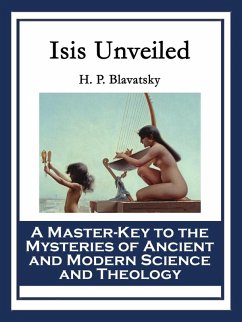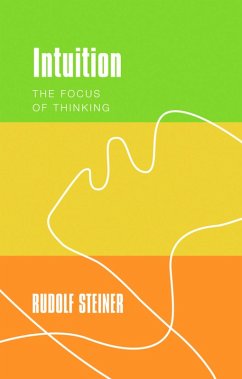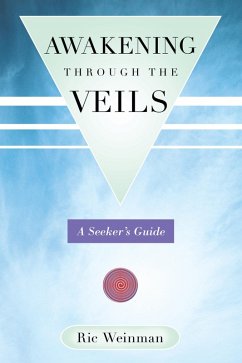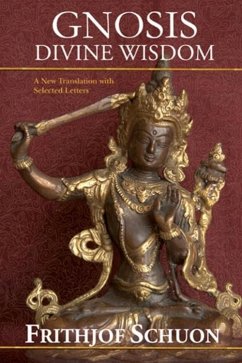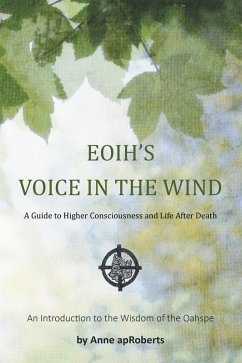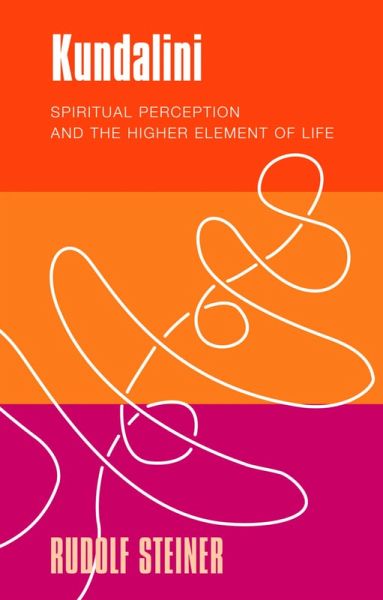
Kundalini (eBook, ePUB)
Spiritual Perception and the Higher Element of Life
Übersetzer: Barton, M.

PAYBACK Punkte
0 °P sammeln!
In Hindu tradition, the concept of kundalini refers to a form of primal energy located at the base of the spine. Through traditional Eastern methods, efforts were made to 'awaken' the kundalini in order to achieve transformed consciousness. Rudolf Steiner offers an entirely new perspective, integrating the kundalini idea into his spiritual philosophy. This anthology contains all relevant comments and notes by Steiner on the theme, highlighting how his thinking evolved. At the same time, it accentuates the differences - and similarities - between Western and Eastern spiritual paths, and in the ...
In Hindu tradition, the concept of kundalini refers to a form of primal energy located at the base of the spine. Through traditional Eastern methods, efforts were made to 'awaken' the kundalini in order to achieve transformed consciousness. Rudolf Steiner offers an entirely new perspective, integrating the kundalini idea into his spiritual philosophy. This anthology contains all relevant comments and notes by Steiner on the theme, highlighting how his thinking evolved. At the same time, it accentuates the differences - and similarities - between Western and Eastern spiritual paths, and in the process reveals what is new and original about Steiner's esoteric teachings.In contrast to most yoga traditions - which cultivate the energy rising from the lower life centre - the Western path of esoteric schooling starts in our upper centre of consciousness, in thinking and the 'I'. From there, the centre of experience is shifted downward, from the head to the heart. After development of the 'new heart centre', as Rudolf Steiner describes it, forces can be guided consciously and, through specific exercises, the 'kundalini snake' can be fully awoken. In his detailed introduction, editor Andreas Meyer distils the perspectives and instructions from Steiner's complete works, presenting a valuable synopsis for our understanding and practice of meditation today.Chapters include: 'The Meaning of Meditation, and the Six Exercises'; 'Developing and Cleansing the Lotus Flowers'; 'The Snake Symbol'; 'The Kundalini Fire'; 'The Kundalini Light'; 'Developing the New Heart Organ'; 'The Reversal in Thinking and Will'; 'Specific Aspects of Kundalini Schooling'; 'Transforming Physical Love and the Division of the Sexes'; 'Breathing, the Light-Soul Process, and the New Yoga Will'; 'The Polarity of Light and Love' and 'Transforming the Kundalini Fire into Fraternity'.
Dieser Download kann aus rechtlichen Gründen nur mit Rechnungsadresse in A, B, BG, CY, CZ, D, DK, EW, E, FIN, F, GR, H, IRL, I, LT, L, LR, M, NL, PL, P, R, S, SLO, SK ausgeliefert werden.





